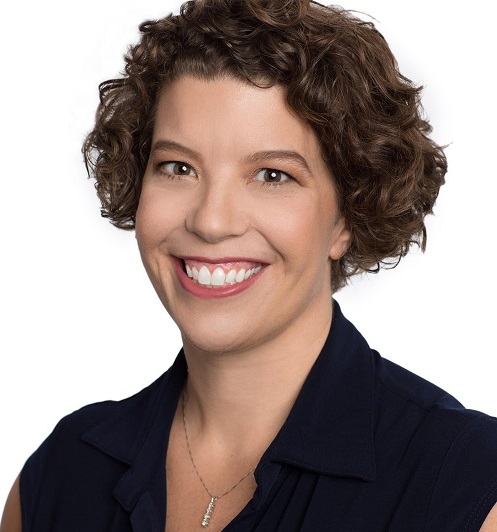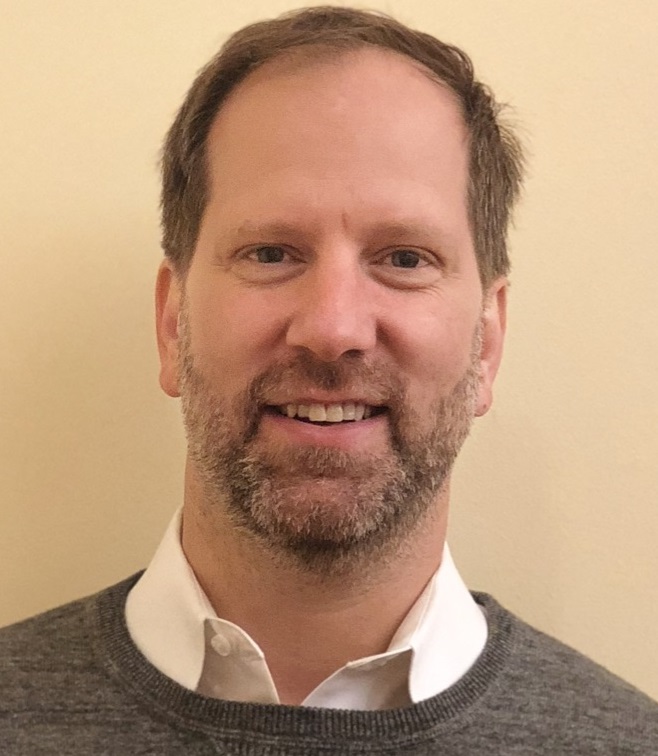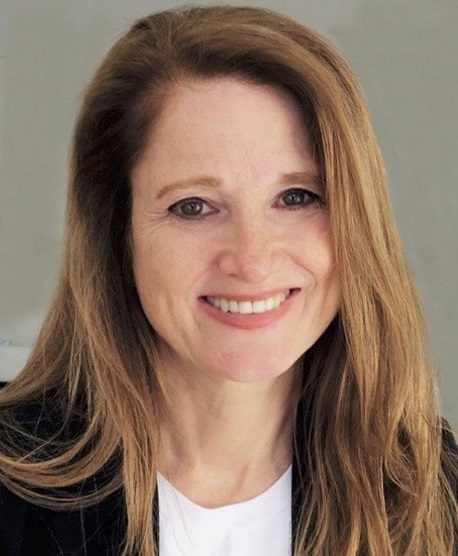 DOTSHOCK/SHUTTERSTOCK
DOTSHOCK/SHUTTERSTOCK
Young people have a long history of pushing societal boundaries, helping us grow and evolve by promoting social, racial and political justice, often speaking up when adults do not have the courage or will to do so.
In fact, they have provided leadership on some of society’s most pressing problems (gun violence, civil rights, environmental justice, etc.). Throughout the recent COVID-19 pandemic, economic crisis and racial reckoning, youth have once again stepped into profound leadership roles.
How do we, as adults and leaders of organizations, support the continued elevation of these voices and create environments that foster authentic youth leadership?
Partner with youth in program evaluation
There are countless ways to engage young people in critical organizational decision-making (e.g., governance, community projects, advocacy). Youth participation in evaluation is particularly powerful, especially during COVID, because it can be implemented remotely and promotes a triple bottom line — bolstering youth outcomes, increasing program effectiveness and advancing goals around equity and inclusion. In addition to maintaining connections to people and programs, participation in evaluation allows youth to become meaningful partners in important efforts that are typically controlled by adults.

Valerie Threlfall
Youth Participatory Evaluation (YPE), as we describe in “Measure, Use, Improve: Data Use in Out of School Time,” is the involvement of young people in monitoring and evaluation practices and processes, including planning, data collection, analysis and use of findings. It can be completely youth-led or intergenerational.
YPE moves youth from being objects of study or sources of data to becoming evaluators with meaningful roles, responsibilities and voices. There are many forms and configurations of YPE; however, it is typically characterized by youth engaging in or leading monitoring and evaluation efforts of the programs, policies, projects, organizations and communities that affect them.
Asking youth for feedback is a powerful first step
A great approach to engaging youth in YPE is to first support young people in providing feedback about how programs can be improved, from their point of view. By feedback, we mean the perspectives, feelings and opinions youth have about their experiences with an organization, used to inform and improve practice and decision-making.

Joseph E. Luesse
The reasons for engaging young people in YPE are far-ranging. First, it shows respect. By asking youth to share their perspectives, we show that we value their opinions, insights and suggestions. Engaging youth as research partners also builds their skills. Many youth live within the context of systems like their school or home life where they lack control and agency, especially now during COVID. Providing them with YPE opportunities helps to shift power from provider to participant.
But often it’s hard to know where to get started. We have tips for preparing your organization to engage youth and highlight some best practices for bringing youth into feedback processes.
Preparing for youth-driven engagement
Taking the time to plan is critically important to ensure that TYPE projects are appropriately staffed, funded, equitable, organized and purpose-driven. A well-planned YPE can ensure that the process authentically engages young people, does not become tokenistic and can be sustained and effective, regardless of organizational resources.
- Determine purpose: The purpose of the evaluation can be determined in partnership with youth, or it may need to be determined prior to their involvement. Regardless, it should be transparent to all. Common purpose areas include: developing youth evaluation and/or career skills, developing leadership/contribution skills, informing program / community improvement, creating change, or modifying a policy.
- Develop transparent recruitment strategies: Not all young people need to be a part of the evaluation team, nor will they be interested in doing so. However, all should have an equal opportunity to participate. Ideally, young people are not hand-selected; rather, they are provided with details about the project and then volunteer or apply. Young people should understand the selection process and feel like it was fair and equitable.
- Create clear roles and responsibilities: Being intentional about the roles young people will play and their level of engagement will help determine the appropriate roles for adults and the resources necessary to complete the project successfully.
- Ensure staff are prepared: Ideally, staff have some evaluation skills and experience prior to their involvement, or you may want to engage a consultant to build this capacity. However, more than evaluation skills, we need adults to pay careful attention to how they share power with youth and create environments that are mutually supportive. Openness and sensitivity to discussions that are often uncomfortable and challenge our own views is critical. Adults need to enter the work with a growth mindset — ready to take risks, fail and persist through challenges.

Kim Sabo Flores
When developing mutually supportive environments, both youth and adults grow and evolve. The outcomes of the work are not just about the young people’s development. Listening and valuing various perspectives and experiences are critical skills for adults when facilitating a TYPE project. Indeed, conducting inquiry without judgment is a fundamental skill in all evaluation and research. Adults need to be open to learning from youth and to understanding their unique experiences, views and perspectives.
Getting started with feedback
One easy approach for beginning YPE is to build feedback loops with the young people served:
- Position feedback as an internal loop. Organizations often collect periodic input from young people but stop there and fail to either a) really analyze the data or b) do something differently in response to what they learn. This has led to youth becoming cynical that their opinions will be listened to. Programmatic leaders must be thoughtful about data collection, but also take the time to analyze the data and make programmatic changes (either small or large) in response to what was heard. Feedback loops are strengthened when an organization closes the loop, i.e., communicates back to those who provided feedback about what they heard and are doing differently in response.
- Frame feedback differently. Youth are assessed often and it’s important to differentiate feedback-focused data collection with youth from the many other assessments that youth complete that often feel like “tests.” In a feedback exercise, there is no “right” answer; youth should be as candid as possible. Messages like “this is your opportunity to grade us” or “speak up week” can give youth an opportunity to shape service delivery, particularly in these evolving times.
- Have fun and engage youth with the process. Another way to make feedback feel distinct is to embrace participatory processes and have youth play a role in shaping and actually leading feedback efforts. Have youth help figure out the best way to reach their peers, construct messages about why they should give feedback, help interpret data and lead the development of interactive formats like games or creative visuals for sharing results with peers on the back end.
- Disaggregate results. One of the most powerful ways to gain insights from youth feedback is to disaggregate the results (i.e., compare results by demographics, site or staff member) to see if youth are having differential experiences. This kind of analysis is particularly important to surface patterns of uneven service delivery or inequitable treatment across a program. Including youth in the analysis process (e.g., through follow-up focus groups or surveys) further helps put things into context and provides organizations with ready partners to help brainstorm potential responses.
- Close the loop. Don’t forget to share back with youth what was heard and what is being done in response. By doing so, youth will gain trust and engage more readily in providing feedback as additional opportunities arise. Sharing feedback externally with youth also promotes mutual accountability for staff at all levels of an organization and with those served.
Throughout history, young people have experienced limited control of their circumstances. This may be more true now than ever. Giving youth voice and partnering authentically through YPE offers opportunities to share control over how and when they receive services. It also lays the groundwork for cultivating youth as ready partners in shaping how organizations coming out of COVID will recraft their programming. We have often heard the phrase that we don’t want things to go back to “normal,” as normal wasn’t working well for all segments of the population. By engaging young people in YPE now, we can build more equitable, transparent and effective services over the long term.
Valerie Threlfall is principal of Ekouté Consulting and also serves as managing director of the Listen4Good initiative on behalf of the Fund for Shared Insight. Under her leadership, Listen4Good has supported more than 500 organizations in their efforts to build high-quality feedback loops.
Joseph E. Luesse is a founding partner at 8RES, a research, evaluation and strategy consulting firm, an adjunct teaching evaluation at New York University’s School of Global Studies and a co-founder of New York City’s American Evaluation Association regional affiliate. He co-wrote the chapter, “Youth Participation in Evaluation: Lessons From the Past, Opportunities for the Future” in “Measure, Use, Improve!”
Kim Sabo Flores, the co-founder and CEO of Hello Insight, an online learning platform that helps youth-serving organizations increase their effectiveness and demonstrate results, is committed to building a community that is diverse, inclusive and accessible. She co-wrote the chapter, “Youth Participation in Evaluation: Lessons From the Past, Opportunities for the Future” in “Measure, Use, Improve!”





























